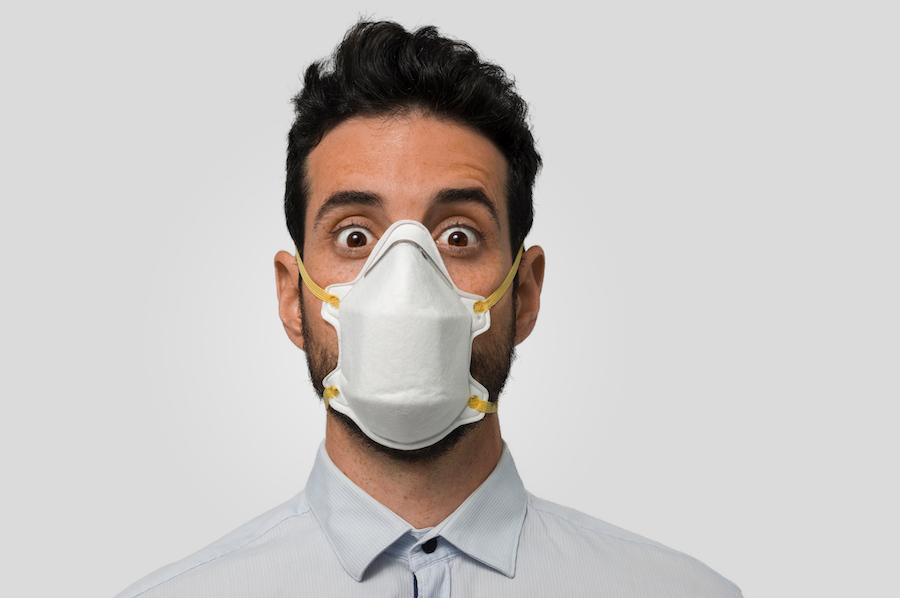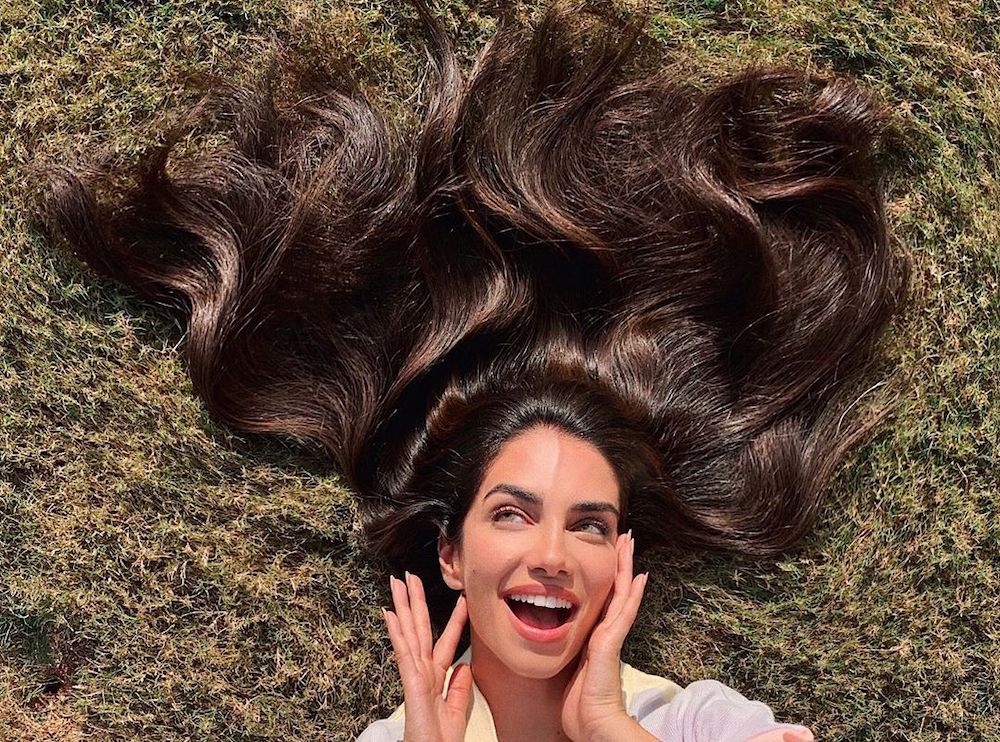DUBAI: With conflicting news reports from media outlets around the world stating that men should — or don’t need to — shave off their prized facial hair in order to protect themselves from the novel coronavirus, we take a look at the Centers for Disease Control and Prevention’s advice on mustaches, mutton chops and suave soul patches.
Earlier this month, the Welsh Ambulance service advised that medical personnel should “reach for the razor (as) facial hair can disrupt the effectiveness of personal protective equipment” in a tweet and the head of France's ER doctors association advised medical staff to shave off their beards for hygiene reasons. However, these measures are mainly aimed at medical staff who rely on masks and respirators, while advice for the general public has not yet touched upon facial hair as a potential danger in the spread of coronavirus.

What’s clear, however, is the fact that beards can interfere with the correct usage of masks and respirators.
Masks and respirators are being utilized all around the world in a bid to help curb the spread of the novel coronavirus. But according to a recently resurfaced 2017 Centers for Disease Control and Prevention (CDC) infographic, one’s facial hair can interfere with how effective these filtering items are.
The infographic shows 36 different facial hair styles and provides names for each of them — some of which could be unknown to even the savviest barbers. It also tells you which facial hair styles would and would not work well with a “filtering facepiece respirator” like the P2/N95 respirator, that may protect you against small airborne microbes if worn properly.
While handlebars, lampshades and soul patches are deemed good to go, other facial hair styles, such as mutton chops and a full beard are advised against.
According to the infographic, facial hair can pose a risk to the effectiveness of masks because it may interfere with respirators that rely on a tight facepiece seal to achieve maximum protection.
In short, making sure there’s a good seal between the mask and the wearer’s face is a vital part of respiratory protection, however facial hair can compromise that seal.
The CDC recommends that any facial hair that can fit entirely under a close-fitting respirator should be fine. Where it looks like you might have some problems is if your facial hair is long enough or covers enough of your face that it pushes against the seal of the respirator, thereby allowing airborne particles to leak through.
However, it’s important to note that the CDC only recommends facial masks and facepiece respirators for those who work in the healthcare industry and those who are coming into contact with people who could be potentially infected with the disease, as well as individuals with confirmed or suspected cases of COVID-19.




















